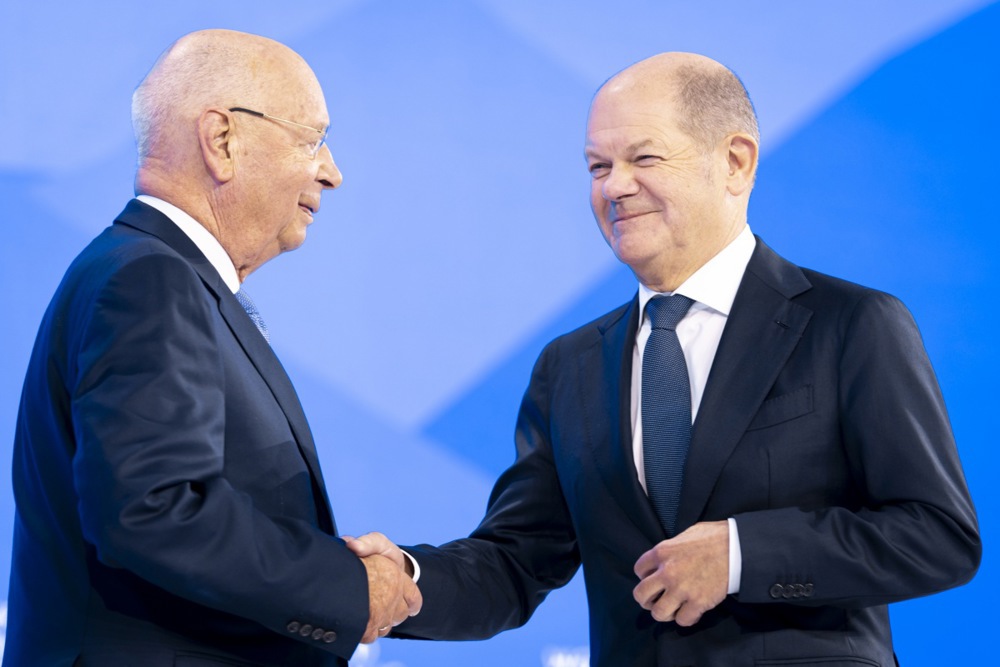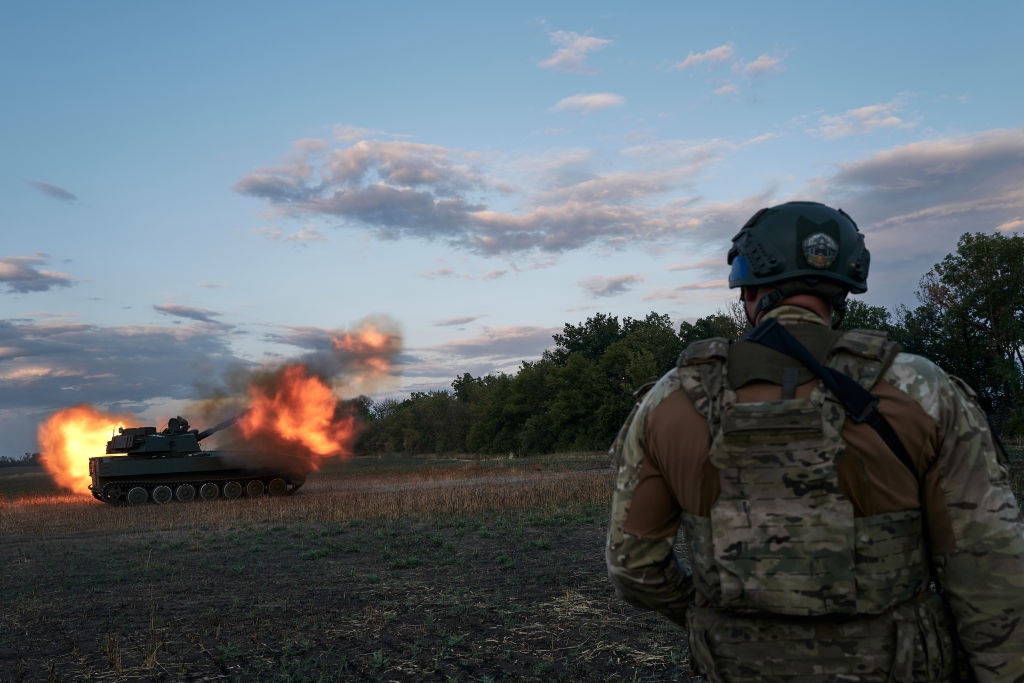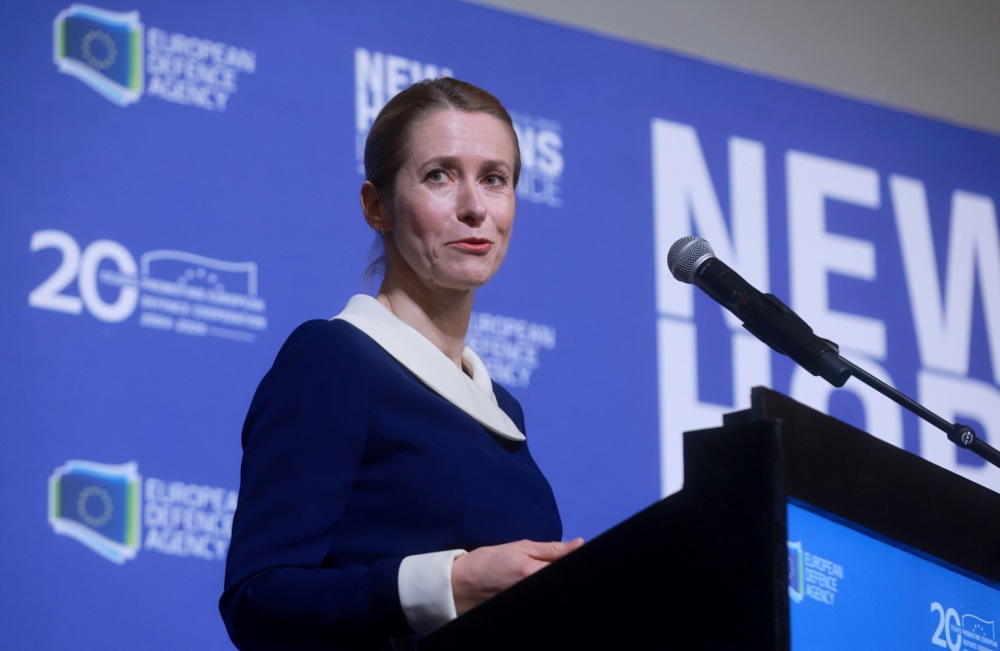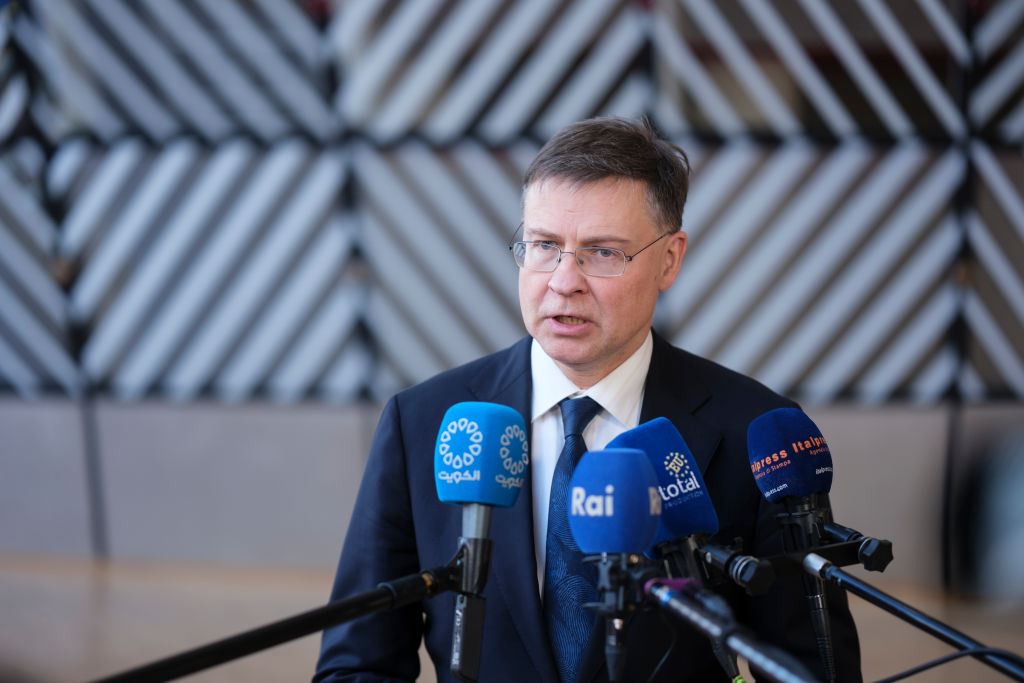Pope Francis has warned the World Economic Forum (WEF) that artificial intelligence (AI) was accelerating a so-called “crisis of truth” currently plaguing the modern world.
In a message to the WEF gathering in Davos read by Cardinal Peter Turkson on January 23, the head of the Catholic Church emphasised that while the religious body considered itself a “protagonist” when it came to technological advancement, elements of AI progress had left him uneasy.
“Unlike many other human inventions, AI is trained on the results of human creativity, which enables it to generate new artefacts with a skill level and speed that often rival or surpasses human capabilities, raising critical concerns about its impact on humanity’s role in the world,” the Pontiff said.
“Furthermore, the results that AI can produce are almost indistinguishable from those of human beings, raising questions about its effect on the growing crisis of truth in the public forum.
“Moreover, this technology is designed to learn and make certain choices autonomously, adapting to new situations and providing answers not foreseen by its programmers, thus raising fundamental questions about ethical responsibility, human safety, and the broader implications of these developments for society.”
Pope Francis warned that, in Catholic teaching, social cohesion was considered more valuable than technological advancement.
He said the current trajectory of AI risked it becoming a tool “used to advance the ‘technocratic paradigm’, which perceives all the world’s problems as solvable through technological means alone”.
“Within this paradigm, human dignity and fraternity are frequently subordinated in the pursuit of efficiency, as though reality, goodness, and truth inherently emanate from technological and economic power.
“Yet human dignity must never be violated for the sake of efficiency,” he claimed.
“Technological developments that do not improve life for everyone, but instead create or worsen inequalities and conflicts, cannot be called true progress.
“For this reason, AI should be placed at the service of a healthier, more human, more social and more integral development.
“To navigate the complexities of AI, governments and businesses must exercise due diligence and vigilance,” the Pontiff continued.
“They must critically evaluate the individual applications of AI in particular contexts in order to determine whether its use promotes human dignity, the vocation of the human person, and the common good,” he added.
Publicly owned Off Radio Kraków has stopped using AI journalists in place of human presenters after protests from reporters and the State media regulator. https://t.co/Kp3nmxFdGC
— Brussels Signal (@brusselssignal) October 29, 2024





